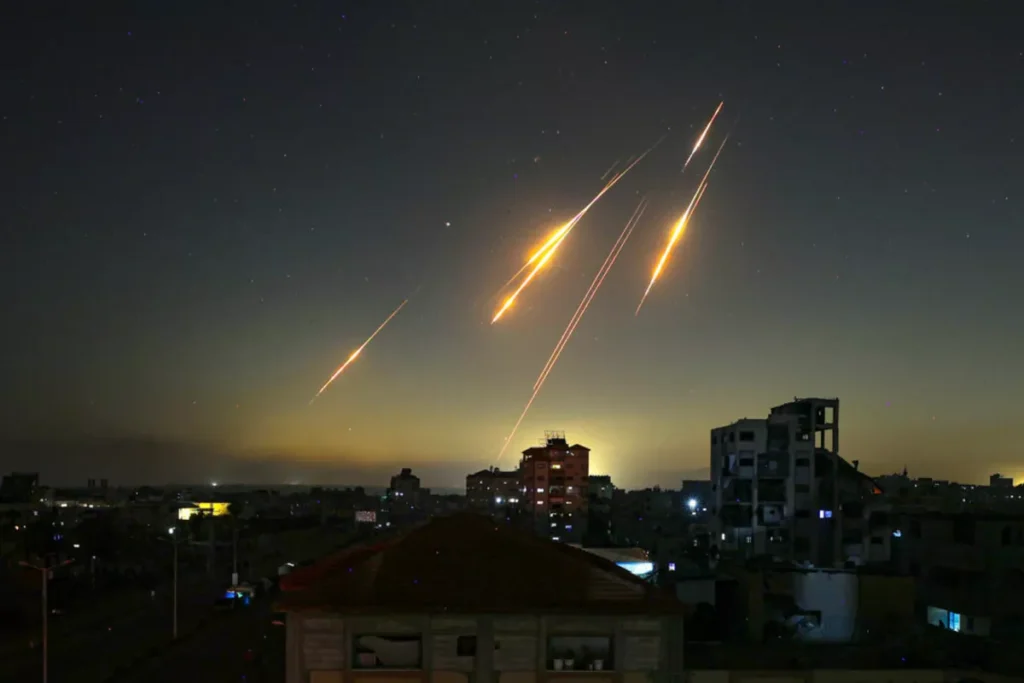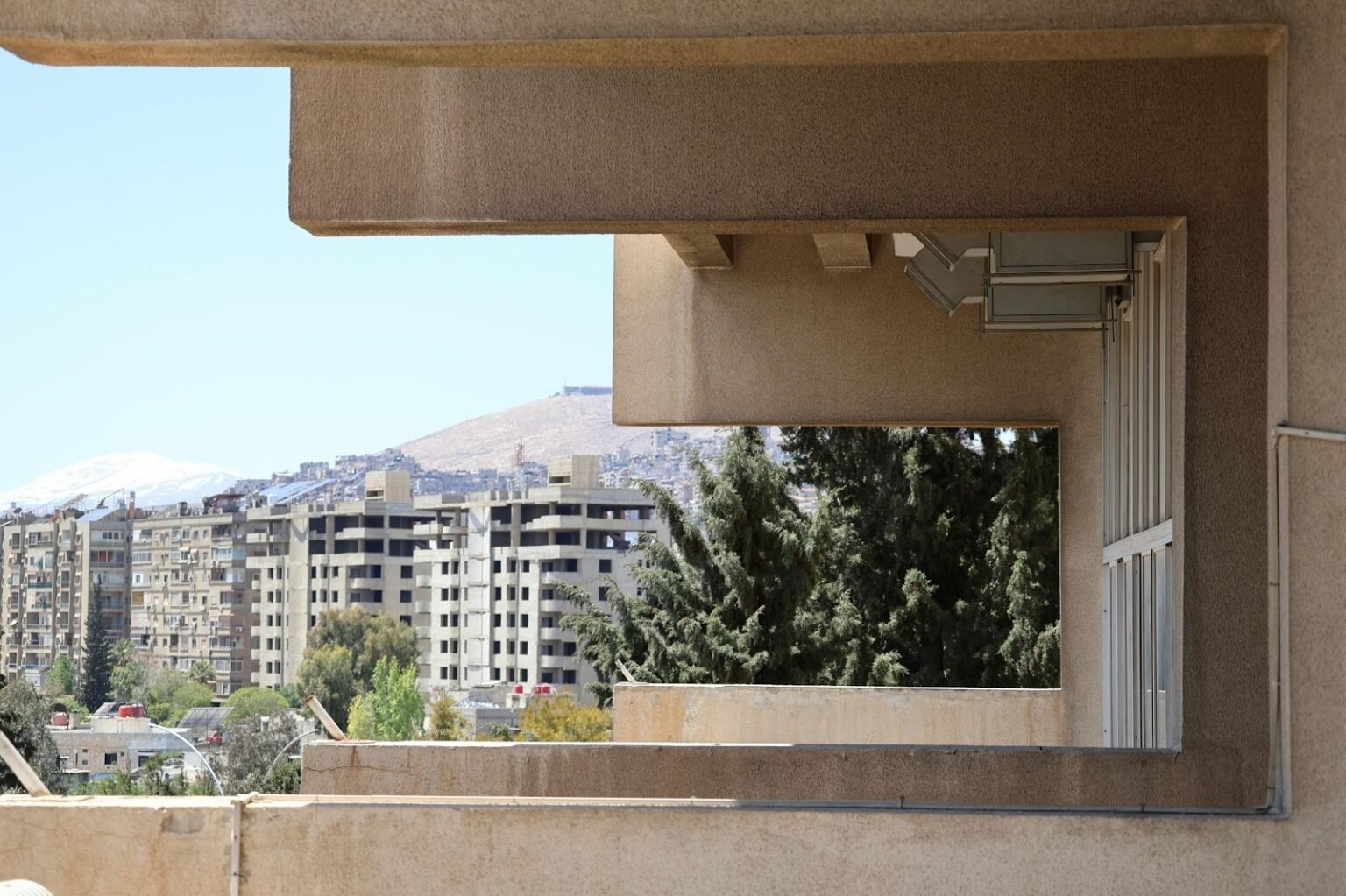The confrontation between Israel and Iran continues to escalate with both sides exchanging strikes, and with the United States entering the conflict by targeting key Iranian facilities, some of which are linked to uranium enrichment and nuclear weapons programs.
Although satellite images show little damage to the Fordow facility – Iran’s most fortified uranium enrichment site – the American tone this time appears more serious. Trump has stated that American strikes would be easier and stronger if the U.S. chooses to repeat the attacks.
However, from the onset of tensions, attention turned to Damascus, raising a bold question: What is Syria’s position on these developments?
Calculated Silence or Implicit Support?
While Syria’s silence seems to be its defining stance, what’s coming from Damascus goes beyond simple abstention from taking a position. Indications suggest that Syria is providing a form of indirect support, while being keen to avoid direct involvement in the conflict to prevent Iranian retaliations on its territory—retaliations Syrians have endured for years.
What is this indirect support?
It’s not just silence or tacit approval—it closely resembles implicit endorsement. Consider the following:
Lack of condemnation of Israeli arrests of Hamas operatives inside Syria. The freedom of movement enjoyed by Israel in the south, extending to the outskirts of Damascus, and Israeli aircraft refueling over Syrian airspace, we have seen how the Syrian government arrests of figures linked to Iran-backed Hamas, and how Syria’s divergence from the critical tone of its allies Turkey and Qatar regarding the Iranian-Israeli confrontation
| Since the collapse of the regime began, Turkey has emerged as an obstacle to potential Syrian openness toward Israel. Meanwhile, Israel has not hidden its concerns over growing Turkish influence inside Syria, which threatens to dominate Syrian decision-making similarly to Iran’s former role. |
Turkey: An Obstacle to Syrian Repositioning
Since the collapse of the regime began, Turkey has emerged as an obstacle to potential Syrian openness toward Israel. Meanwhile, Israel has not hidden its concerns over growing Turkish influence inside Syria, which threatens to dominate Syrian decision-making similarly to Iran’s former role.
In contrast, Damascus is making visible efforts to reassure Israel through practical steps, calculated leaks, and diplomacy led by the Americans to close an old chapter. Within the context of the confrontation between Tehran and Tel Aviv, Syria views the current escalation as an opportunity to demonstrate new intentions and showcase a shift in foreign policy. In contrast, Turkey and Qatar have denounced what they described as “Israeli aggression.”
As for the future of Syrian-Israeli relations, many questions remain, with answers likely to become clearer in the coming days:
– Are we witnessing a fundamental shift in Syrian-Israeli relations?
– To what extent will Turkish influence impact Syria’s decision-making in this regard?
– What is Qatar’s stance, and does it view Syria’s silence on the Iranian-Israeli confrontation as passive or negligent?
Perhaps the most critical question—one that will directly impact relations between Damascus and Tel Aviv—is:
Is the so-called “Resistance Axis” heading toward collapse? Or has the time for the long-promised “New Middle East” not yet come?
The coming days may hold surprises. What’s certain for now is that Syria’s new stance is not silent—it is active, albeit implicitly, in the regional conflict equations.



